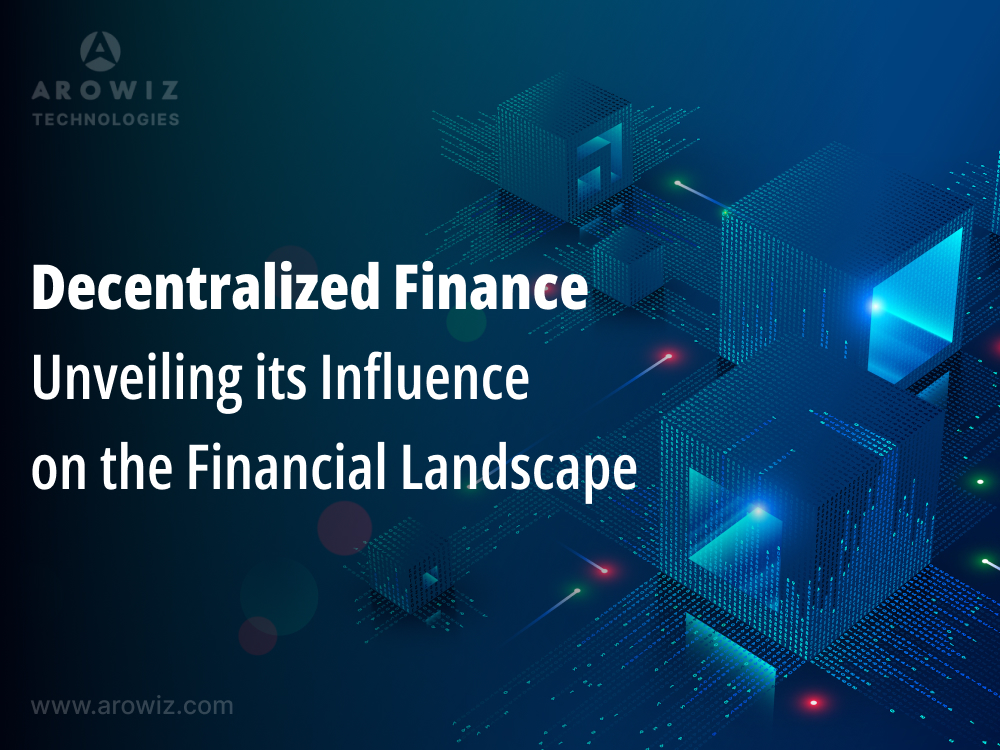Blockchain, like a digital ledger, keeps transactions secure. Its big impact on insurance is very important. It changed things by…
Blockchain, like a digital ledger, keeps transactions secure. Its big impact on insurance is very important. It changed things by making security, honesty, and efficiency better.
Right now, it’s changing how we handle claims, stop fraud, and manage policies. The way it works means old records stay safe.
What is Blockchain?

Blockchain is a digital system that keeps records of transactions. It’s like a secure digital ledger.Blockchain securely records transactions, acting like a digital ledger. Each transaction forms a unique “block” in the chain, making tampering difficult.
Though known for cryptocurrencies, its uses extend to various industries. Blockchain enhances transparency and security in online transactions, ensuring trust.
Why is Blockchain Needed in the Insurance Industry?
Blockchain helps make insurance processes more secure, transparent, and efficient. It reduces fraud and errors.Blockchain makes insurance safer and clearer by keeping policyholder information secure and open. It stops cheating by making sure data is true and verified, making everyone trust it more.
Smart contracts help process claims quickly and without mistakes, saving money and time. In all, blockchain changes insurance by making it work better, making sure things are right, and making it more dependable.
Why Blockchain is Useful in Insurance?
Blockchain technology facilitates data verification, expediting claims processing by providing transparent and immutable records.
This enhances customer trust through increased transparency and security in transactions, fostering a more reliable and efficient ecosystem.
Types of Blockchain Applications in Insurance —

- Claims processing: Blockchain makes claiming easier and faster by securely storing and verifying data, ensuring a smoother experience for customers and insurers alike.
- Policy management: With blockchain, managing policies becomes simpler with transparent and unchangeable records, making it easier to track changes and details, thus reducing confusion and disputes.
- Fraud prevention: Blockchain’s secure and decentralized nature helps prevent fraud by making transactions transparent and traceable, providing added security and trust in insurance processes.
- Identity verification: Blockchain offers a secure way to verify identities quickly and reliably, making it easier for insurers to confirm customer information and ensuring compliance with regulations.
- Smart contracts: Using smart contracts on blockchain automates insurance processes, reducing paperwork and errors while ensuring that agreements are executed efficiently and accurately.
- Customer service: Blockchain enhances customer service by providing instant access to reliable information, enabling quick resolution of issues and improving overall satisfaction in the insurance industry.
Features of Blockchain Transforming the Insurance Sector —
- Security: Blockchain ensures your data is safe from unauthorized access or tampering, providing peace of mind and confidence in the integrity of your information.
- Transparency: With blockchain, everyone involved can see the same information, fostering trust and accountability across the board.
- Efficiency: Blockchain streamlines processes by removing intermediaries and automating tasks, saving time and resources for all parties involved.
- Trustworthiness: Blockchain’s decentralized and tamper-proof nature builds trust by ensuring that data and transactions are accurate and reliable.
- Decentralization: Blockchain operates without a central authority, distributing control and reducing the risk of single points of failure, enhancing resilience and security.
- Immutable records: Once information is recorded on the blockchain, it cannot be altered or deleted, providing a permanent and auditable record of transactions and data.
Benefits of Integrating Blockchain in Insurance Processes —

1. Faster claims processing: Blockchain accelerates claims processing by automating verification and reducing paperwork, ensuring quicker resolution for customers and insurers alike.
2. Reduced fraud: With blockchain’s transparent and tamper-proof ledger, fraudulent activities are minimized, bolstering trust and integrity within insurance processes.
3. Improved data accuracy: Blockchain maintains precise and immutable records, minimizing errors and discrepancies, thus enhancing the reliability of insurance data.
4. Lower operational costs: By streamlining workflows and eliminating intermediaries, blockchain reduces administrative expenses, leading to significant cost savings for insurance companies.
5. Enhanced customer experience: Blockchain offers transparent and efficient processes, resulting in smoother interactions and quicker resolutions, ultimately improving satisfaction levels for policyholders.
6. Greater transparency: Through blockchain’s decentralized ledger, all stakeholders have access to the same information, fostering trust and transparency throughout the insurance ecosystem.
Utilization Cases of Blockchain in the Insurance Industry —

- Automated claims processing: Blockchain automates claim verification and approval, expediting the process and ensuring faster payouts for policyholders.
- Secure data sharing: Blockchain enables secure and encrypted sharing of data among insurers, reducing the risk of unauthorized access and enhancing confidentiality.
- Fraud detection: Blockchain’s transparent ledger and immutable records make it easier to detect fraudulent activities, enhancing trust and integrity within the insurance industry.
- Identity verification: With blockchain, identity verification becomes more reliable and efficient, reducing the risk of identity theft and ensuring compliance with regulations.
- Parametric insurance: Blockchain facilitates parametric insurance by automatically triggering payouts based on predefined parameters, offering faster and more transparent compensation for insured events.
- Peer-to-peer insurance: Utilizing blockchain, peer-to-peer insurance allows individuals to pool risks and make direct transactions without intermediaries, promoting transparency and reducing costs in the insurance process
Cutting-Edge Technologies Facilitating Blockchain Integration —
- Internet of Things (IoT)
- Artificial Intelligence (AI)
- Big Data Analytics
- Cloud Computing
- Smart Contracts
- Biometrics
The Future of Blockchain in Insurance —
Blockchain will continue to revolutionize insurance, leading to more efficient and customer-centric processes.
Blockchain keeps making insurance better. It helps things work faster and be more about you.
With blockchain, insurance gets easier and more customer-focused. It’s like having a digital helper making sure you’re taken care of when you need it.
How can Arowiz Technologies Help with Implementing Blockchain Solutions?
Collaborate with Arowiz Technologies for seamless integration of blockchain into insurance operations. With over 12 years of experience and a proven track record, we specialize in tailored blockchain solutions for the insurance industry.
Our expertise in AI, Blockchain, and Mobile Apps ensures successful projects, satisfied clients, and top-notch code quality, propelling startups to success.
Don’t miss out on the benefits of blockchain.Start exploring how it can help your insurance business grow. —
FAQs
Q1 : What is blockchain?
Blockchain is a decentralized digital ledger technology that records transactions across multiple computers in a secure and transparent manner.
Q2 : How does blockchain benefit the insurance industry? A: Blockchain improves transparency, security, and efficiency in insurance processes, such as claims management, underwriting, and fraud prevention.
Q3 : Can blockchain reduce insurance fraud?
Yes, blockchain’s immutable ledger and smart contract capabilities enable real-time verification of data, reducing fraudulent activities in insurance claims.
Q4 : Will blockchain lower administrative costs for insurers? A: Yes, by streamlining processes and reducing the need for intermediaries, blockchain can significantly reduce administrative costs for insurers.
Q5 : Is blockchain adoption widespread in the insurance industry? A: Adoption is growing, with many insurers exploring pilot projects and partnerships to leverage blockchain technology.
Conclusion
Revolutionizing Insurance with Blockchain Technology Blockchain is transforming the insurance industry, making processes more secure, transparent, and efficient. Embrace this technology to stay ahead in the competitive insurance market.
Pro Tip: Maximizing Blockchain Benefits for Insurance Operations
Focus on understanding your specific needs and how blockchain can address them effectively.
Join our free newsletter for more insights — click the link below
Subscribe to our Newsletter: https://lnkd.in/dYmBdX3c
Visit Our Blog: https://arowiz.com/blog/
Follow us on LinkedIn: https://lnkd.in/d4KZJakS










